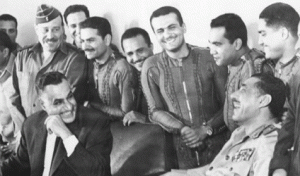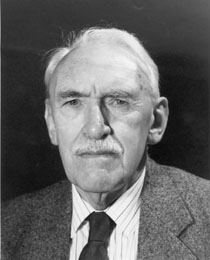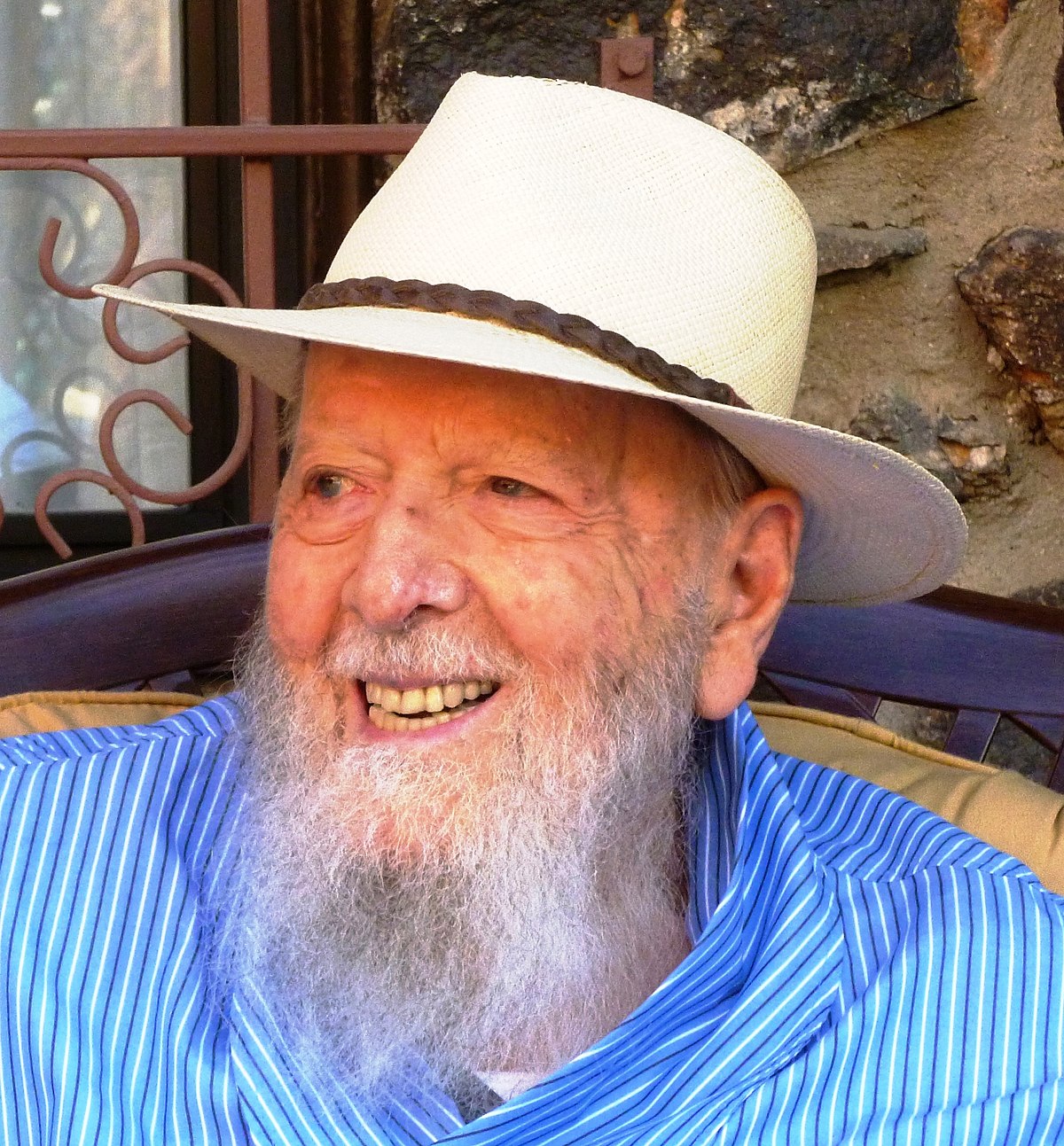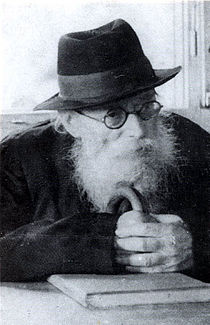
Probably the most euphoric event in recent Jewish history was the recapture of the Western Wall in the Six Day War. The backdrop to the war is complicated, but basically, Gamal Abdel Nasser, the president of Egypt, had the goal of unifying all the Arab countries under his domination. He had many problems reaching this goal, most of them having to do with the Arabs themselves. Nasser had many enemies in the Arab world, foremost of whom was King Hussein of Jordan. He was also on poor terms with Syria, and was aiding one side of a bitter civil war in Yemen and losing. But there was a short-cut to achieving his dream in one fell swoop: destroy the state of Israel.
The Soviet Union also played a role in this. It was at about this time that the first trickle of Russian Jews were allowed to immigrate to Israel. The Soviets, who were supporting the Arabs and providing them with arms, used this as blackmail. Many a time they told the Arabs that if they didn’t follow the Soviet line, then another three or four hundred thousand Russian Jews would be allowed to go to Israel. Yet in May, 1967, for reasons of its own, the Soviet Union falsely informed Egypt and Syria that it had learned of a forthcoming Israeli attack. Based on this report, Nasser felt the time was propitious. He felt he would be able to conquer Israel handily. Meanwhile, Israeli celebrated its 19th anniversary blissfully oblivious as to what was going to happen in the next three weeks.
Nasser announced that the Egyptian army was going to go on maneuvers in the Sinai, which was a violation of the agreement that had prevailed since the end of the Sinai Campaign. But Sinai belonged to Egypt, so there was no way to keep the Egyptian army out. It crossed with great fanfare and in extremely large numbers. Israel protested, but nothing happened. It was almost a repeat of Hitler. Hitler took over one country, looked around to see if there were repercussions, and when there weren’t any, he went on to the next country. Here, Nasser saw that the U.N. took no action, so then he moved to the second step: he prevented Israeli shipping from coming up the Gulf of Aqaba. He claimed to have installed guns to stop them, though later it was found out to have been a bluff. This was in violation of the hallowed principle of international law: free navigation of the waterways of the world. Naturally, President Johnson even considered sending one of the U.S. flagships up the Gulf of Aqaba to test the blockade, but for all the good intentions and soothing words, nothing happened.
The next step came when Nasser ordered the United Nations peace-keeping troops off of Egyptian territory. The Egyptian government had invited them there in 1957, but now, ten years later, he said he was inviting them all to go home. The General Secretary of the United Nations agreed that Nasser had a right to request it, so the peace-keeping troops left.
Now, Israel began to take notice. Israel warned Egypt not to continue along that line because it would certainly defend itself and go to war. The United States, as is its custom, issued pronouncements that everybody should take two aspirin and be in touch later. That really didn’t do anything for anyone. All it showed was the impotence of the United States.
The United States attempted to get the Soviet Union to restrain Egypt, but it did just the opposite. The Soviet Union felt that it had everything to gain here. If the Arab states won, it would enhance Soviet power. And if they lost, they would become more dependent, which would also increase Soviet power. That’s a terribly cynical policy, but it was correct. The Soviet Union had nothing to lose and everything to gain.
Now, Nasser, in his diabolical plan, wanted to surround Israel on all sides. Deep down in his heart, he was afraid Israel might successfully defend itself against Egypt. He therefore made an alliance with Syria, who agreed to shell the Israeli positions in the north, in the Galil and the Golan Heights, which Syria then controlled. But the Syrians, to a certain extent, double-crossed Nasser because they never sent their army into Israel in the Six Day War. They shelled and fired on the Israeli targets and they pinned down a certain number of troops, but they never sent their army in.
What really clinched the matter was King Hussein of Jordan. Hussein was afraid that he would miss the train. He saw now that Syria and Egypt, his two archenemies, had made an alliance. His military analysts showed him that there was a very strong likelihood that Egypt and Syria would win. They also convinced him that diplomatically, the world would do nothing to support Israel. And he was afraid that once Egypt and Syria were successful, they would come not only against the Israeli part of Palestine, but the Jordanian part of it, too. He was afraid that he’d be expelled from the Old City of Jerusalem and lose all that stature and tourism. Well, he was, but not by Egypt and Syria.
So King Hussein joined Nasser. The two archenemies were shown in The New York Times embracing each other in the anticipated victory over the state of Israel and throwing the Jews into the sea.










